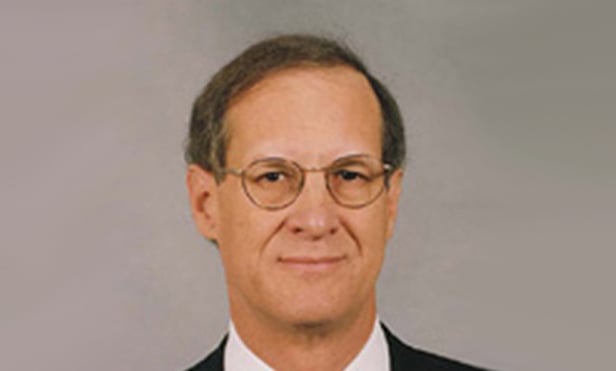
First quarter GDP was better than some expected, but you need to be aware that first quarter numbers are not very accurate. GDP is always seasonally adjusted, and economists will tell you that the government has never gotten Q1 statistics adjusted properly. It remains a work in progress. The number was also a preliminary look which will be adjusted, likely upward in the next month or so.
Reality is the economy is very strong, and only a few black swans could derail it in the near term. As we all know, there is now near historic low unemployment. We are essentially at full employment and going lower on unemployment numbers. Anyone who wants to work can get a job. U6, the real measure of jobs, is dropping as well, and getting down to near record low numbers. The real issue is there is a major shortage of truck drivers and construction labor, as well as some skilled manufacturing skills. It is so bad that some small cities are offering to pay people to move there so factories will not move away. That should tell you how good the economy is. It is likely that GDP would be growing even faster if there were more truck drivers and skilled labor available.
It is well established in economics that any fiscal stimulus such as tax cuts take six to twelve months to actually impact the economy. Companies don't just start building a factory the week after a tax bill is signed. As we all know, it takes a long time to decide, plan and then build a factory, and then to hire the skilled labor. Consumers will not be a major factor. Reality it 47% of workers paid no taxes before the tax bill. Approximately 6%-10% at the top end will pay more taxes, especially in New York and California. Then there are the people just above that 47% who paid very little and who got a small amount of extra in their paycheck. So it is likely that only 35% of workers saw an increase that is meaningful to them. The tax bill was designed to help corporate cash flow which then translates into jobs, capital investment, and wage growth. This simply takes time.
The most important issues for the economy are deregulation, which was a huge cost reduction, especially in land development, and the capital expense write offs which will spur more capital investment as the year progresses. The pro business attitude of the Trump administration has spurred animal spirits, and that is more key than anything. Businessmen and investors now believe they can go forward with confidence that they will not be hobbled by Obama era regulation and attitudes. During Obama, new business starts were dropping materially. That has begun to change. Wages have begun to rise, although not yet at a brisk pace. That is good and bad. Good since it keeps inflations from racing ahead, bad because it is less consumer spend. It is unlikely wages will shoot up despite shortages, because computers and offshoring of many tasks is filling some of the gap. Optimism is at a near all time high in business and for consumers. That matters more than tax cuts.
Home prices are at a new high, and so are 401K values. This gives consumers a feeling of security along with the knowledge that they can get a new job easily. Consumer balance sheets are mostly repaired from the crash and so we are likely to see new increases in spending as the year progresses. The stock market will resume moving up as the year progresses and the wealth effect will matter. Interest rates will also move up, but with the ten year around 3%, deals and investments still work well if they worked at all. There is more than adequate debt capital, and spreads remain reasonable. Access to capital is more critical than if the rate is 2.9% or 3.2%. If your deal does not work because rates went to 3% or 3.25%, then it did not work anyway. Normal 10 year Treasury rates are 5%-6%, so at 3% they are still a bargain. Fed increases this year are not the problem.
The risks: Iran and Israel war which will include the US at some point. The Democrats gaining control of either house and even further working to prevent Trump from getting anything done, and pushing spending to even worse levels than the last budget. There is a chance the trade battle will not go well, but that is not likely to happen. The EU needs us badly and so will cave on trade issues. NAFTA will get finalized soon. China needs the US market, and cannot get not a trade war. Now that the first meeting to stake out positions has been held, the real negotiation can begin. It will be long and difficult, but most of the western world is actually on our side in this, especially on intellectual theft. In the end it will get resolved this year.
The views expressed here are the author's own and not that of ALM Real Estate Media.
Want to continue reading?
Become a Free ALM Digital Reader.
Once you are an ALM Digital Member, you’ll receive:
- Breaking commercial real estate news and analysis, on-site and via our newsletters and custom alerts
- Educational webcasts, white papers, and ebooks from industry thought leaders
- Critical coverage of the property casualty insurance and financial advisory markets on our other ALM sites, PropertyCasualty360 and ThinkAdvisor
Already have an account? Sign In Now
*May exclude premium content© 2025 ALM Global, LLC, All Rights Reserved. Request academic re-use from www.copyright.com. All other uses, submit a request to [email protected]. For more information visit Asset & Logo Licensing.








